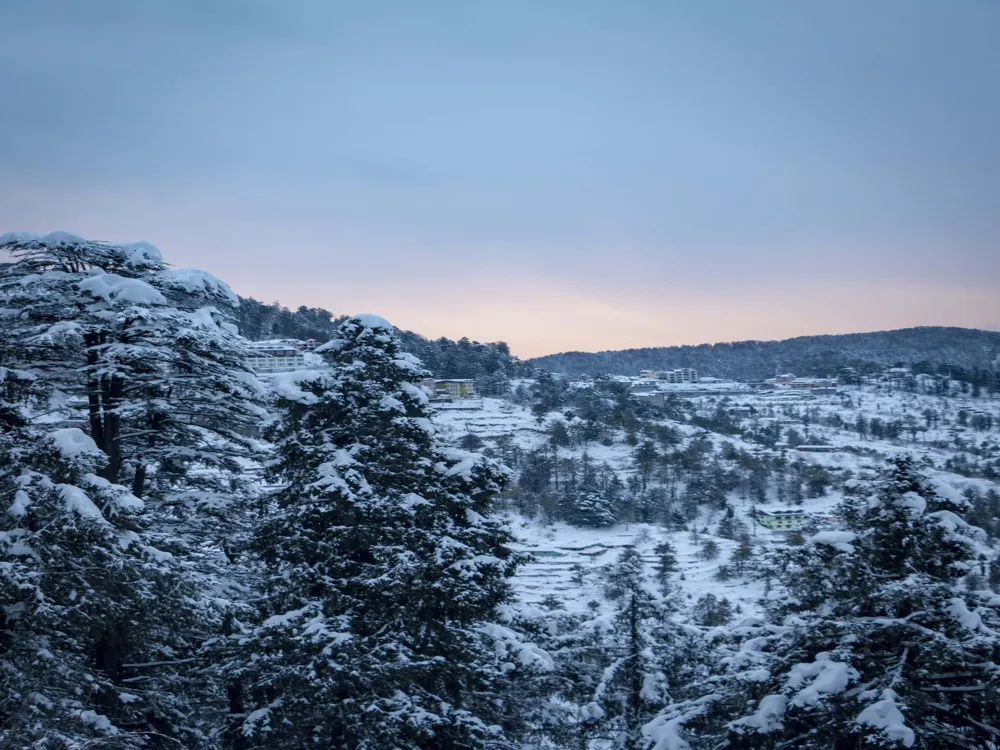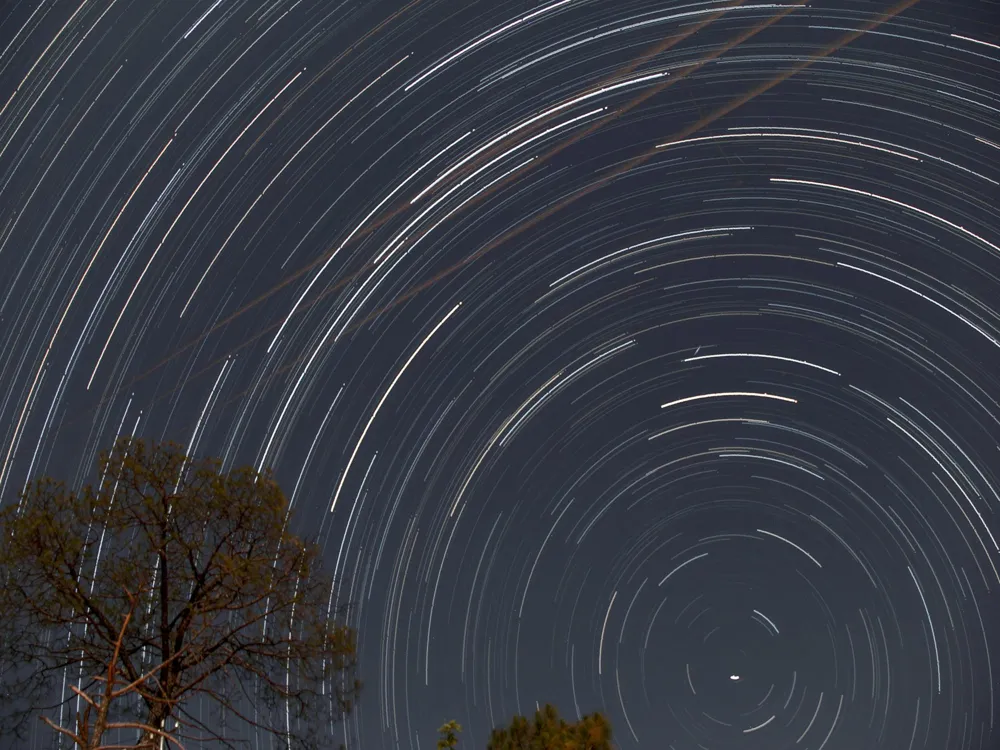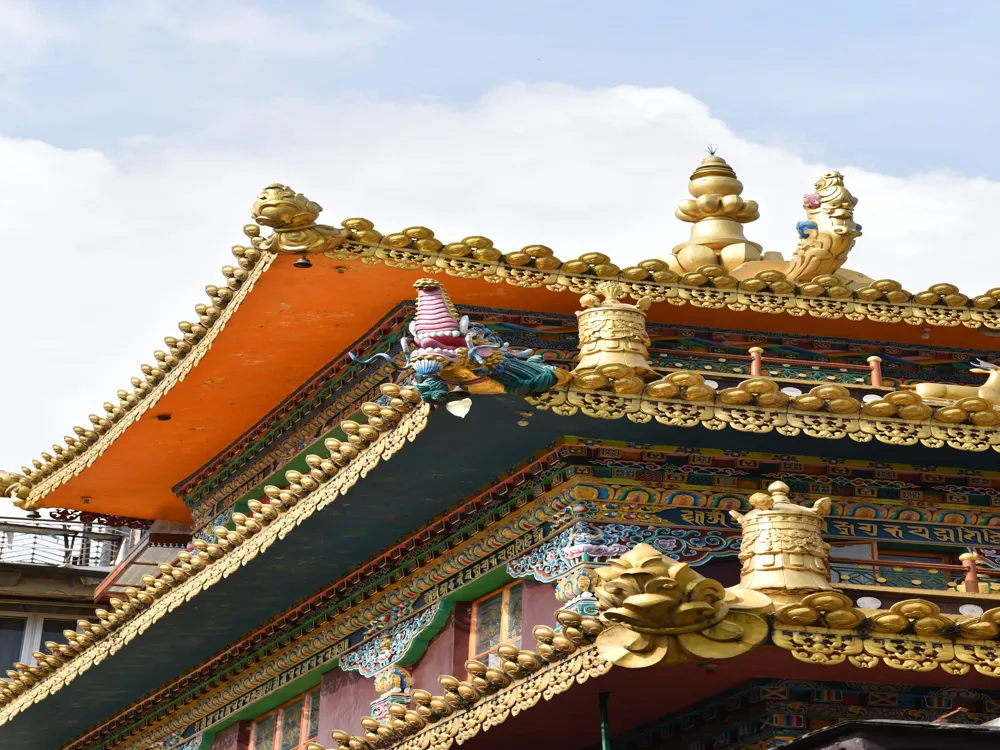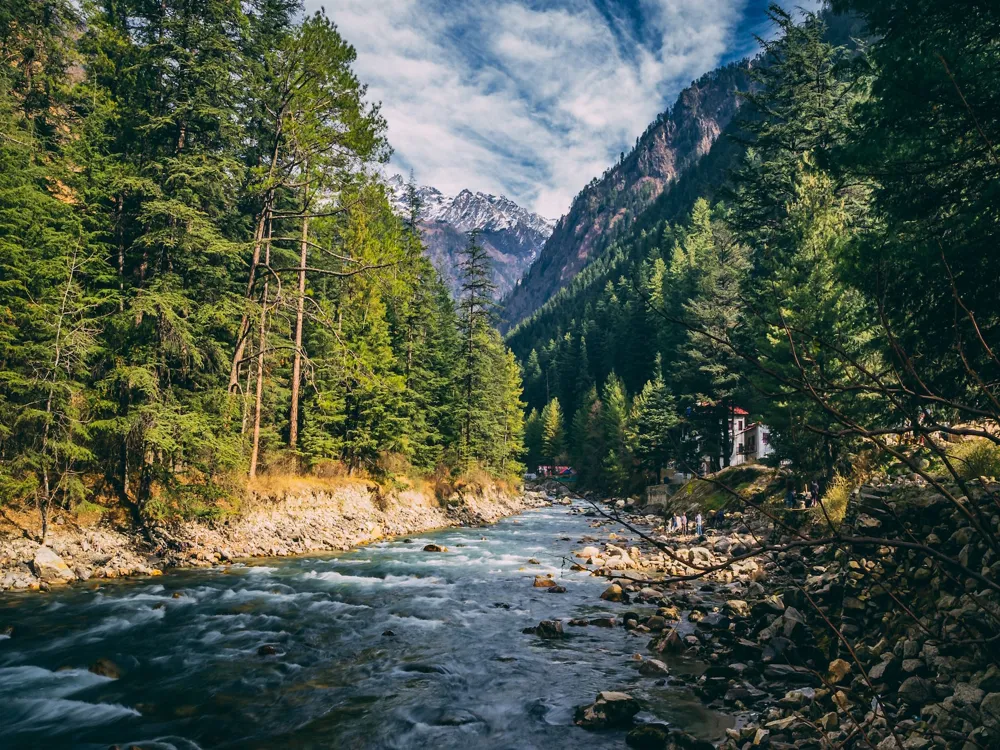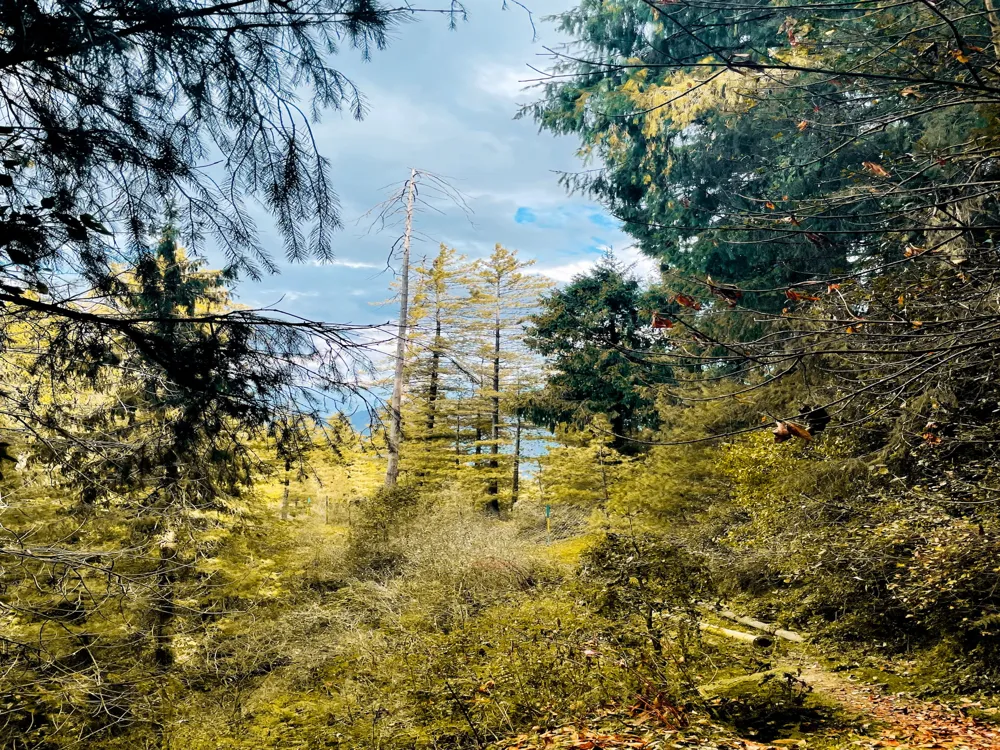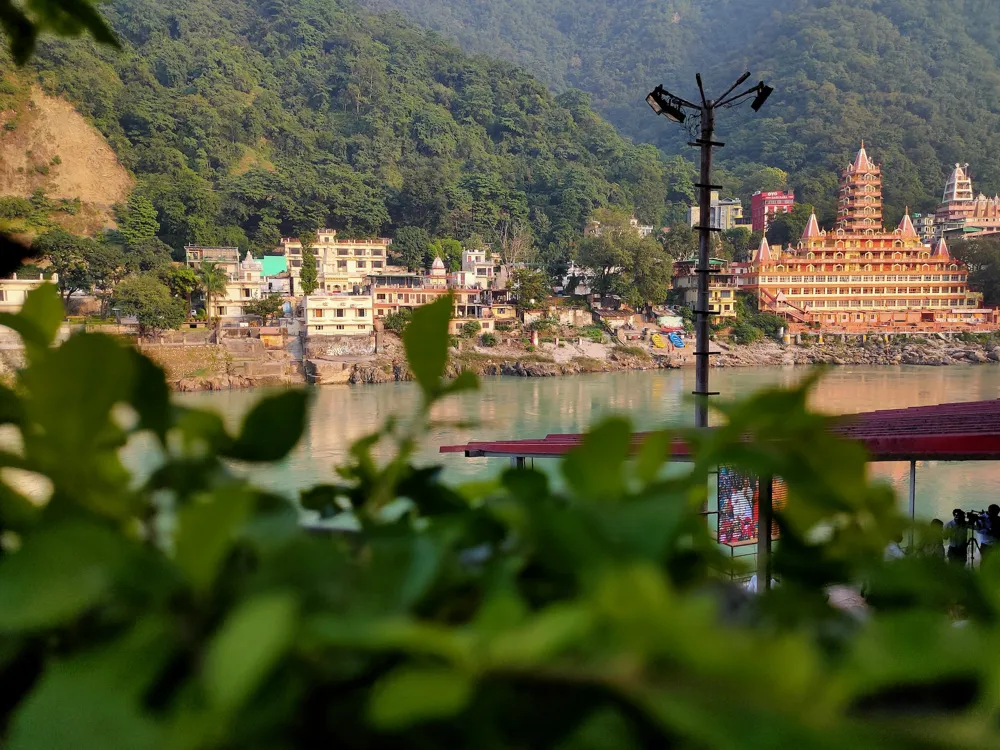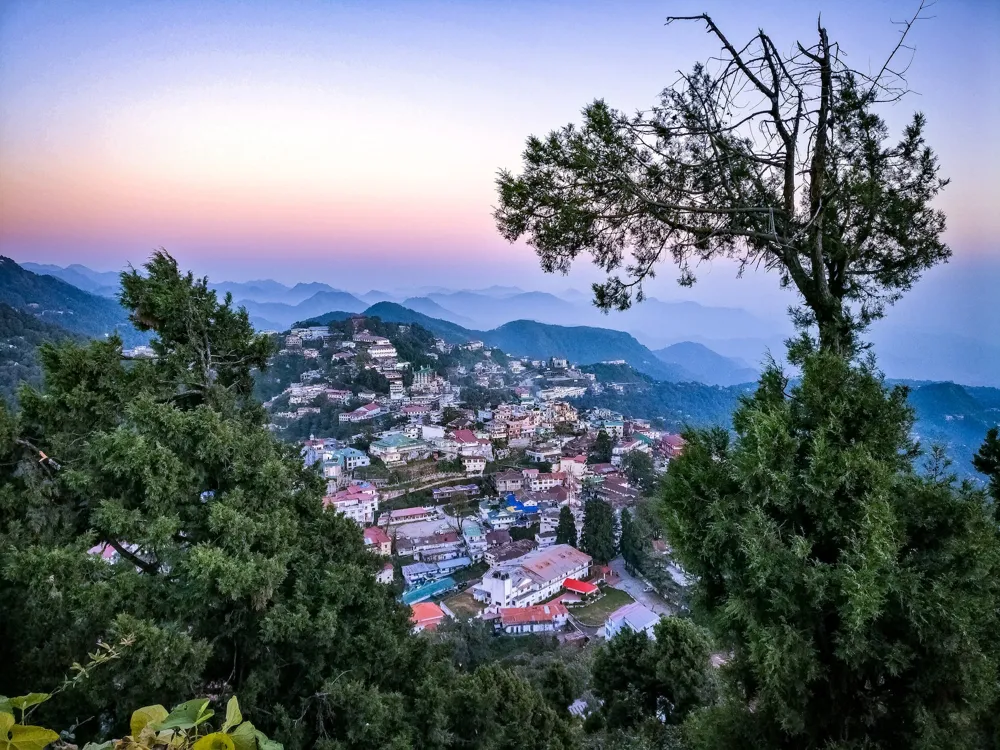Nestled amidst the serene beauty of Himachal Pradesh, Hatu Peak is a gem in Narkanda that attracts visitors from all around the world. At an elevation of 3,400 meters, it is one of the highest peaks in the Shimla region, offering breathtaking views and a tranquil atmosphere. The journey to Hatu Peak is as mesmerizing as the destination itself, with lush green landscapes and a rich variety of flora and fauna gracing the path.
Hatu Peak's history is steeped in myths and legends, often linked to the epic Mahabharata. The locals believe that it was the place where the Pandavas cooked their meals during their exile. The small pond near the peak is considered sacred and is a testament to the area's rich cultural heritage. The peak is not just a treat for history buffs but also for nature enthusiasts and adventure seekers. The dense coniferous forests, sprawling meadows, and apple orchards add to the peak's mystical charm.
The best time to visit Hatu Peak is from May to June and September to November when the weather is pleasant, and the natural beauty is at its peak. The monsoon season, although a bit risky due to landslides, brings out a different hue of the peak, with lush greenery all around. Winters, covered in snow, present a completely different yet equally enchanting view, making Hatu Peak a year-round destination.
The beauty of Hatu Peak is not just in its natural splendor but also in the simple lifestyle of its people. The local culture is rich in folklore, dance, and music, which reflects in their festivals and daily life. A visit to Hatu Peak is not just a journey through nature but also an experience of the warm hospitality and rich culture of Himachal Pradesh.
The architecture of Hatu Peak is a fascinating blend of natural and man-made wonders. The most prominent structure here is the Hatu Mata Temple, dedicated to Mandodari, the wife of Ravana from the epic Ramayana. The temple is an excellent example of typical hill architecture, with wooden carvings and an intricately designed pagoda-style roof. It's believed to be the place where Mandodari prayed for her husband's well-being during the battle with Lord Rama.
The temple's architecture is a testament to the skilled craftsmanship of the local artisans. The wooden beams and the slate roof are designed to withstand the harsh weather conditions prevalent in the region. The carvings on the temple walls and the door depict various scenes from Hindu mythology, adding to the spiritual aura of the place.
Apart from the temple, the architecture of Hatu Peak is primarily characterized by the natural rock formations and dense forests that surround the area. These forests are home to a variety of flora and fauna, some of which are rare and endemic to the region. The trekking path to the peak is a blend of natural trails and man-made steps, offering an adventurous route to the top.
The architectural beauty of Hatu Peak is not confined to its buildings but is spread across the landscape. The traditional houses of the local villages, made of wood and stone, complement the natural beauty of the area. These houses are designed to keep the interiors warm during winters and cool in summers, showcasing the ingenuity of traditional hill architecture.
The ideal time to visit Hatu Peak is during the summer months of May to June and the post-monsoon months of September to November. During these times, the weather is pleasant, and the natural beauty is at its peak. Winter visits can be magical with snowfall, but you must be prepared for cold weather and possible road closures.
Dressing in layers is recommended when visiting Hatu Peak. The weather can change rapidly, so having a combination of light and warm clothing is beneficial. Don't forget to carry a good pair of walking shoes or trekking boots, as the terrain can be uneven and slippery, especially during the monsoon and winter seasons.
Respect local customs and traditions. Dress modestly when visiting religious sites like the Hatu Mata Temple. Always seek permission before taking photographs of local people or their property. Being polite and showing respect to the locals will enhance your experience.
Overview of Hatu Peak in Narkanda, Himachal Pradesh
Architecture of Hatu Peak
Tips When Visiting Hatu Peak
Best Time to Visit
What to Wear
Local Etiquette
Hatu Peak
Narkanda
Himachal Pradesh
₹ 7,999 onwards
View narkanda Packages
Weather :
Label : Must Visit
Tags : Hills & Valleys
Time Required : 3-4 hrs
Planning a Trip? Ask Your Question
Narkanda Travel Packages
View All Packages For Narkanda
Top Hotel Collections for Narkanda

Private Pool

Luxury Hotels

5-Star Hotels

Pet Friendly
Top Hotels Near Narkanda
Other Top Ranking Places In Narkanda
View All Places To Visit In narkanda
View narkanda Packages
Weather :
Label : Must Visit
Tags : Hills & Valleys
Time Required : 3-4 hrs
Planning a Trip? Ask Your Question
Narkanda Travel Packages
View All Packages For Narkanda
Top Hotel Collections for Narkanda

Private Pool

Luxury Hotels

5-Star Hotels

Pet Friendly











